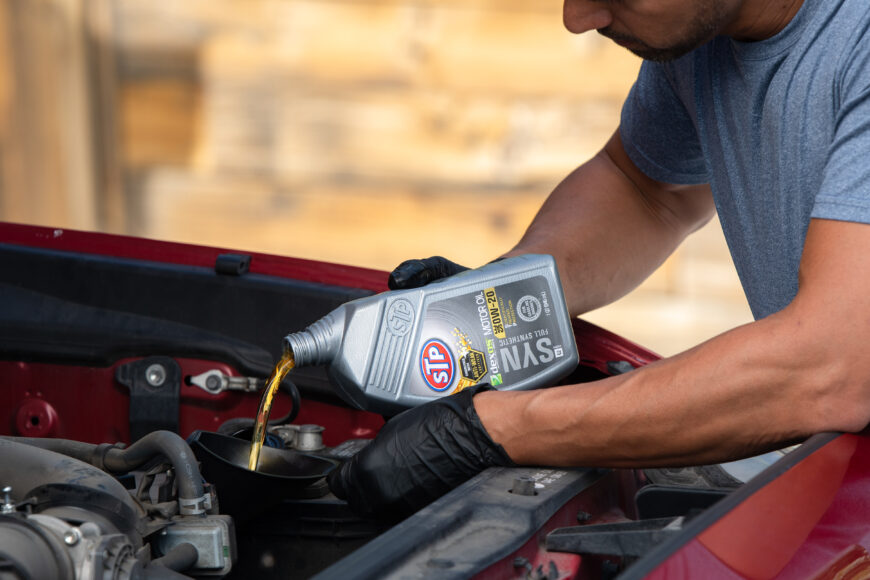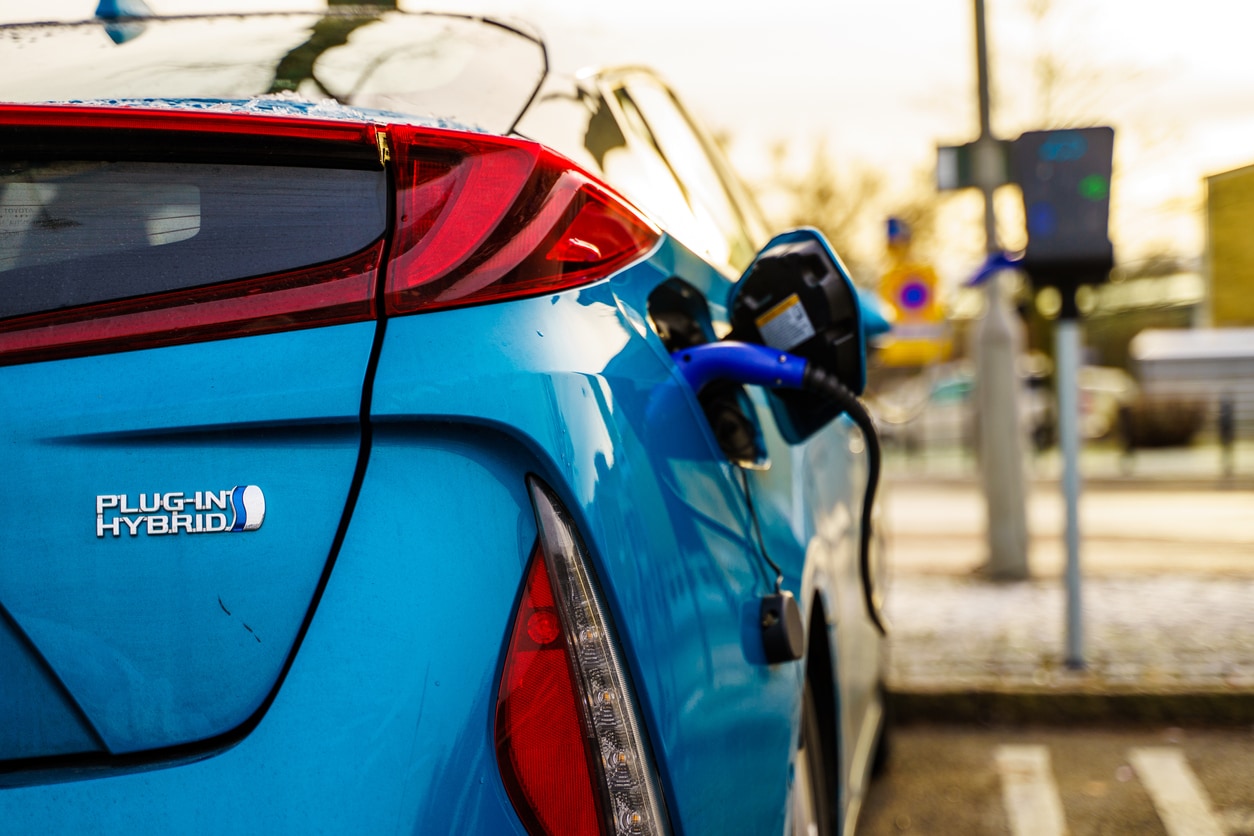To maintain a hybrid car, regularly service it as per manufacturer’s guidelines and keep the battery charged. Hybrid cars offer an eco-friendly and cost-effective solution for drivers looking to reduce their carbon footprint and save money on fuel.
However, proper maintenance is crucial to ensure the longevity and optimal performance of these vehicles. By following a few simple tips, you can keep your hybrid car running efficiently and smoothly. We will discuss the essential steps to maintain a hybrid car, including servicing, battery care, tire maintenance, and other important aspects.
Whether you are a seasoned hybrid car owner or a newbie to this eco-conscious driving alternative, this guide will provide you with the necessary information to keep your hybrid car in top condition.
Understanding Hybrid Cars
Hybrid cars are becoming increasingly popular as people seek more environmentally-friendly transportation options. Understanding what hybrid cars are and the different types available is crucial for maintaining these vehicles.
Hybrid cars are vehicles that combine an internal combustion engine with an electric motor, resulting in lower fuel consumption and reduced emissions. They utilize regenerative braking that charges the electric motor’s battery while slowing down, allowing for greater fuel efficiency. Two common types of hybrid cars are series hybrids and parallel hybrids.
| Type | Description |
|---|---|
| Series hybrids | Only the electric motor powers the vehicle, and the internal combustion engine acts as a generator to charge the battery. |
| Parallel hybrids | Both the electric motor and the internal combustion engine work together to propel the vehicle. |
Maintaining a hybrid car involves regular servicing, battery maintenance, and efficient driving techniques. Routine check-ups and oil changes should be conducted according to the manufacturer’s guidelines. Monitoring the battery health and ensuring it is charged properly are essential for optimal performance. Efficient driving habits, such as avoiding excessive acceleration and braking, can help maximize fuel economy.

Credit: www.autozone.com
Importance Of Regular Maintenance
Regular maintenance is crucial for preserving the performance and longevity of a hybrid car. This includes routine checks on the battery, fluid levels, and tire pressure, as well as regular servicing of the engine and other components. By staying on top of maintenance, hybrid car owners can ensure optimal fuel efficiency and minimize the risk of costly repairs in the long run.
| Maintaining a hybrid car is crucial for its performance. |
| Regular maintenance helps maximize fuel efficiency and preserve battery life. |
| Checking tire pressure and fluid levels regularly is important. |
| Changing oil and air filters according to the manufacturer’s recommendations is key. |
| Don’t forget to inspect brakes and replace worn-out parts promptly. |
| Maintaining a clean interior and exterior also contributes to the car’s longevity. |
Essential Maintenance Practices
Maintaining a hybrid car is essential for keeping it running smoothly. Regular oil changes should be done to ensure optimal performance. Monitoring battery health is crucial to avoid any unexpected issues. Checking the brake system regularly will help prevent accidents.

Credit: www.firestonecompleteautocare.com
Diy Maintenance Tips
DIY Maintenance Tips:
Maintaining proper tire pressure and rotation is essential for the overall health and performance of your hybrid car. Incorrect tire pressure can lead to reduced fuel efficiency and uneven tire wear.
Regularly check the tire pressure using a pressure gauge and adjust it to match the manufacturer’s recommendations. Properly inflated tires provide better traction, improve handling, and increase fuel efficiency. Rotate your tires every 5,000 to 8,000 miles to ensure even wear. This extends tire life and promotes a smoother and safer ride.
Air Filter Replacement:
Replacing the air filter is another crucial maintenance task. A clogged air filter can restrict airflow to the engine, reducing fuel efficiency and performance. Check your car’s owner’s manual for the recommended replacement interval, but generally, it should be done every 12,000 to 15,000 miles or once a year.
Inspect the air filter regularly for dirt, debris, and clogs. If it appears dirty or clogged, replace it with a new filter. A clean air filter ensures optimal engine performance and helps improve fuel economy. Remember to dispose of the old filter properly according to local regulations.
Professional Maintenance Services
It is essential to maintain your hybrid car regularly to ensure its optimal performance. Professional maintenance services can provide specialized hybrid-specific technicians who are trained to deal with the high-voltage components of a hybrid car. By seeking out these qualified professionals, you can ensure that your hybrid is being taken care of properly and that any issues are being addressed by experts in the field. Regular maintenance can help prevent costly repairs down the line and prolong the lifespan of your hybrid car. By following the manufacturer’s recommendations and getting regular check-ups, you can enjoy the benefits of owning a hybrid car while minimizing the risk of potential problems.

Credit: www.honda.co.uk
Frequently Asked Questions Of How To Maintain Hybrid Car
Do Hybrid Cars Need Maintenance?
Hybrid cars require regular maintenance, just like conventional vehicles. This includes oil changes, tire rotations, brake inspections, and regular servicing of the hybrid system. Routine maintenance is essential to keep your hybrid car running smoothly and ensuring its optimal performance.
How Do I Keep My Hybrid Battery Healthy?
To maintain hybrid battery health: Drive regularly, avoid extreme temperatures, keep battery charged, follow maintenance schedule, and get inspections.
What Not To Do In A Hybrid Car?
Avoid overloading the hybrid car’s cargo space. Refrain from ignoring maintenance schedules. Don’t ignore warning lights. Avoid using incompatible fuels. Don’t skip regular inspections and tune-ups.
Do Hybrid Cars Need To Be Driven Regularly?
Hybrid cars don’t necessarily need to be driven regularly. However, regular use helps maintain the battery charge, engine efficiency, and overall vehicle performance.
Conclusion
Maintaining a hybrid car is not as complicated as it may seem. By following these simple steps, such as regular servicing, monitoring tire pressure, and practicing energy-efficient driving techniques, owners can ensure optimal performance and longevity for their vehicles. Additionally, staying informed about the latest technological advancements and industry best practices will also contribute to a greener and more sustainable future.
Remember, taking care of your hybrid car not only saves you money but also helps the environment.
{ “@context”: “https://schema.org”, “@type”: “FAQPage”, “mainEntity”: [ { “@type”: “Question”, “name”: “Do hybrid cars need maintenance?”, “acceptedAnswer”: { “@type”: “Answer”, “text”: “Hybrid cars require regular maintenance, just like conventional vehicles. This includes oil changes, tire rotations, brake inspections, and regular servicing of the hybrid system. Routine maintenance is essential to keep your hybrid car running smoothly and ensuring its optimal performance.” } } , { “@type”: “Question”, “name”: “How do I keep my hybrid battery healthy?”, “acceptedAnswer”: { “@type”: “Answer”, “text”: “To maintain hybrid battery health: Drive regularly, avoid extreme temperatures, keep battery charged, follow maintenance schedule, and get inspections.” } } , { “@type”: “Question”, “name”: “What not to do in a hybrid car?”, “acceptedAnswer”: { “@type”: “Answer”, “text”: “Avoid overloading the hybrid car’s cargo space. Refrain from ignoring maintenance schedules. Don’t ignore warning lights. Avoid using incompatible fuels. Don’t skip regular inspections and tune-ups.” } } , { “@type”: “Question”, “name”: “Do hybrid cars need to be driven regularly?”, “acceptedAnswer”: { “@type”: “Answer”, “text”: “Hybrid cars don’t necessarily need to be driven regularly. However, regular use helps maintain the battery charge, engine efficiency, and overall vehicle performance.” } } ] }